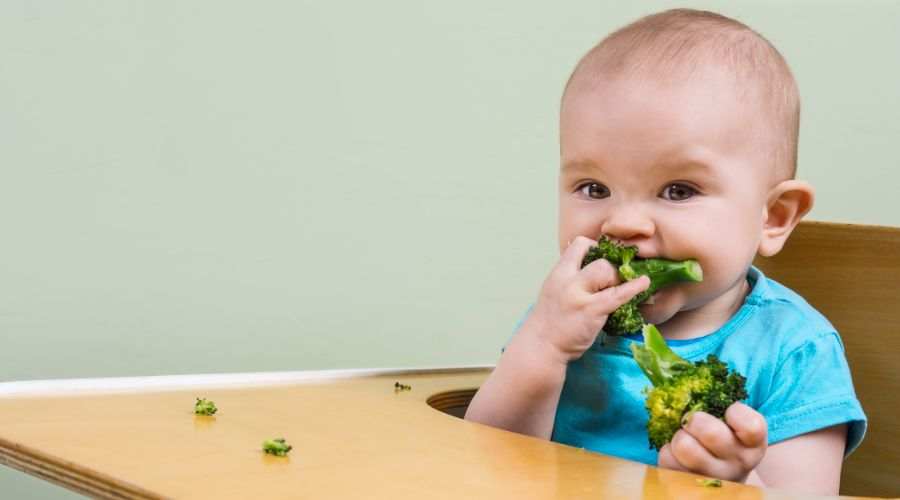Hello everyone, I am Dr. Meng, a medical doctor working in the clinical front line, and a super dad who insists on [scientific parenting].
Not long after my little dumplings were born, my father wanted to give them water. He was always worried that the weather was too hot and the little dumplings would be thirsty. At this time, I naturally stepped forward to stop them immediately.
Later, on one occasion, my small group developed fever after receiving pneumonia vaccine. Moreover, after drinking a few mouthfuls of breast milk, I began to vomit milk. Seeing this, I asked my sister-in-law and aunt at home to feed some water to the small dumplings.
At this moment, my father suddenly jumped out [didn’t you say you can’t drink water for 6 months? ! ]
I hurriedly explained to him [that is normal, now the fever, and refused to drink milk, of course, to properly feed water! ]
My father pointed at me angrily and said, “It’s all up to you anyway!” ]
My father and I don’t know how many times we have quarreled about the baby drinking water! So today, let’s talk about the baby drinking water!
Isn’t the baby thirsty if he doesn’t drink water?
This question is a topic that appears frequently backstage in my public number. Indeed, in the eyes of many people, infants under the age of 6 months are not as thirsty as we adults, so they pick up a cup full of water and drink it off!
However, this does not mean that these lovely babies have not taken in enough water. Inadvertently, they have already [stolen] a lot of water!
For breast-fed babies, since about 90% of breast milk is water, drinking breast milk every day can enrich the baby!
However, babies fed with formula milk powder also need not worry, as long as they are brewed according to the instructions of milk powder. Then, the intake of water and nutrition can also reach a level close to that of breast milk.

Moreover, because the kidneys of babies under the age of 6 months are immature, excessive intake of water will increase the burden on the kidneys. Therefore, before that, babies generally do not need extra water!
Babies can be fed extra water when they are in what.
After entering the age of 6 months, for most babies, we can properly feed them some extra water.
So, what is the baby’s daily water demand?
Let’s give an example to illustrate it in detail: a male baby weighing 8 KG and reaching the age of 7 months should require about 1000 ml of water a day. Then, at this time, his daily breast-feeding amount can generally be maintained at about 700 ml.
Hey, it seems that this baby is not eating enough water!
Don’t forget, the 7-month-old baby has already started to eat supplementary foods. There is also a lot of water in the supplementary foods.

Therefore, for the baby over 6 months old, the possibility of water shortage is also unlikely. Of course, if in hot and dry weather, parents also need to pay attention to whether the baby is short of water.
For example, the baby’s urination frequency is significantly lower than usual.
For example, while urinating less, there is also a deepening of urine color.
For example, the baby has dry lips and even nasal hemorrhage.
If the above situations occur, appropriate water replenishment is also needed.
Don’t drink anything other than water
As a straightforward and thrifty adorable doctor, I tell everyone very clearly [cold and white, always the best drink for babies! ]
Many parents also asked me [Dr. Meng, can I give my baby some juice? ]
On this point, the American Academy of Pediatrics has already made it clear that it is not recommended to drink fruit juice to infants under one year old.

This is because, on the one hand, the sugar content of fruit juice is extremely high, which is not conducive to the balance of baby’s nutrition intake; On the other hand, drinking sweet fruit juice may make the baby unaccustomed to the cold and white.
Therefore, it is really a healthy and affordable thing to give the baby a cold and white drink!
In the process of bringing babies, there are many child-rearing problems such as drinking water that will cause family conflicts. For example:
Can DHA really make children smart?
For example, do children need to supplement some additional nutrition, such as calcium, iron, zinc and vitamin D?
For example, what can be done to help children enhance their immunity and reduce illness?
Pay attention to the public number Meng dad said child-rearing, dialog box reply [nutrition], you can get the list of nutrition that 0 ~ 2 years old baby must take!

Of course, I will also talk about some common diseases and health in infants and childhood.
For example, what is the best age for girls to receive HPV vaccine and whether boys should receive HPV vaccine?
For example, whether the baby should urinate or not;
For example, if a child catches a cold or coughs, how do we choose cold medicine, cough medicine and antipyretic?
Pay attention to the public number Meng dad said child-rearing, dialog box reply [health], you can get the vaccination list of type II vaccines and knowledge of common diseases in infants!

I will also talk about some knowledge about postpartum recovery.
For example, after giving birth to a child, can you still be vaccinated against HPV?
For example, how to solve the postpartum [big ass], [big belly];
For example, how to scientifically [confinement]?
Pay close attention to the public number Meng dad said child-rearing, dialog box reply [postpartum recovery], you can understand the scientific confinement guide, as well as IQ tax products such as postpartum sweating, abdominal belt!

I will explain the above questions clearly in my public number [adorable father said child-rearing]. If you have other questions, you can also directly ask questions on the public number, and dr. Adorable will reply one by one!
-References-
[1] American Academy of Pediatrics Practical Feeding Guidelines [M]. 2nd Edition. Beijing: Beijing Science and Technology Press, 2017.
Mao Weiping.Pediatrics [M]. 8th Edition. Beijing: People’s Health Publishing House, 2013.
